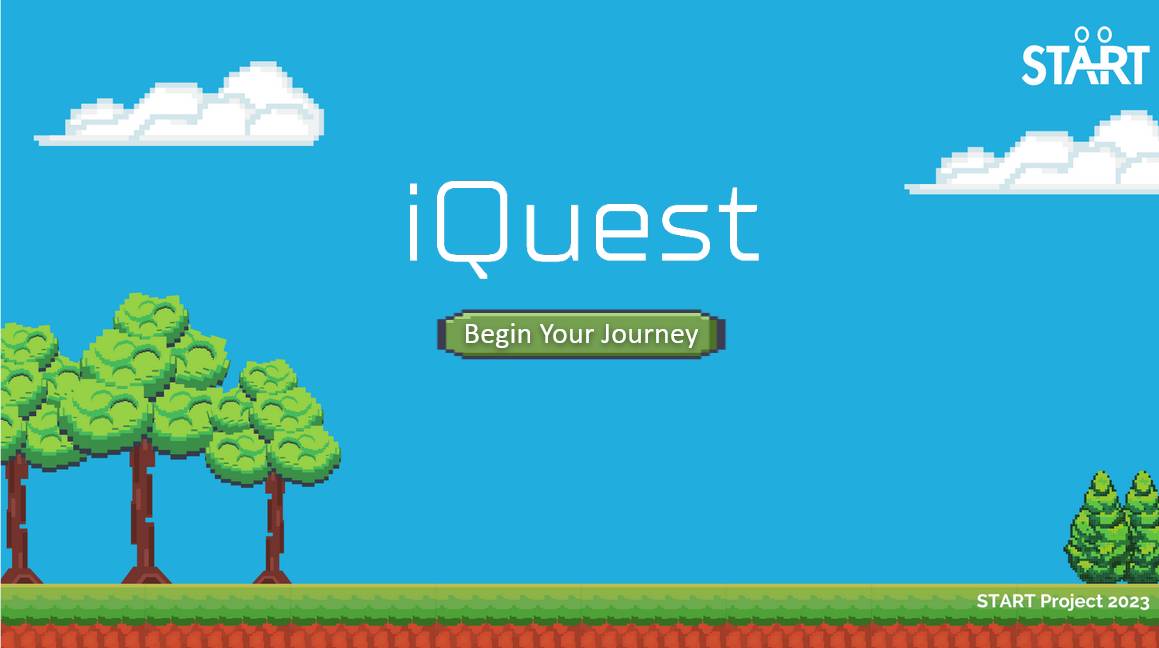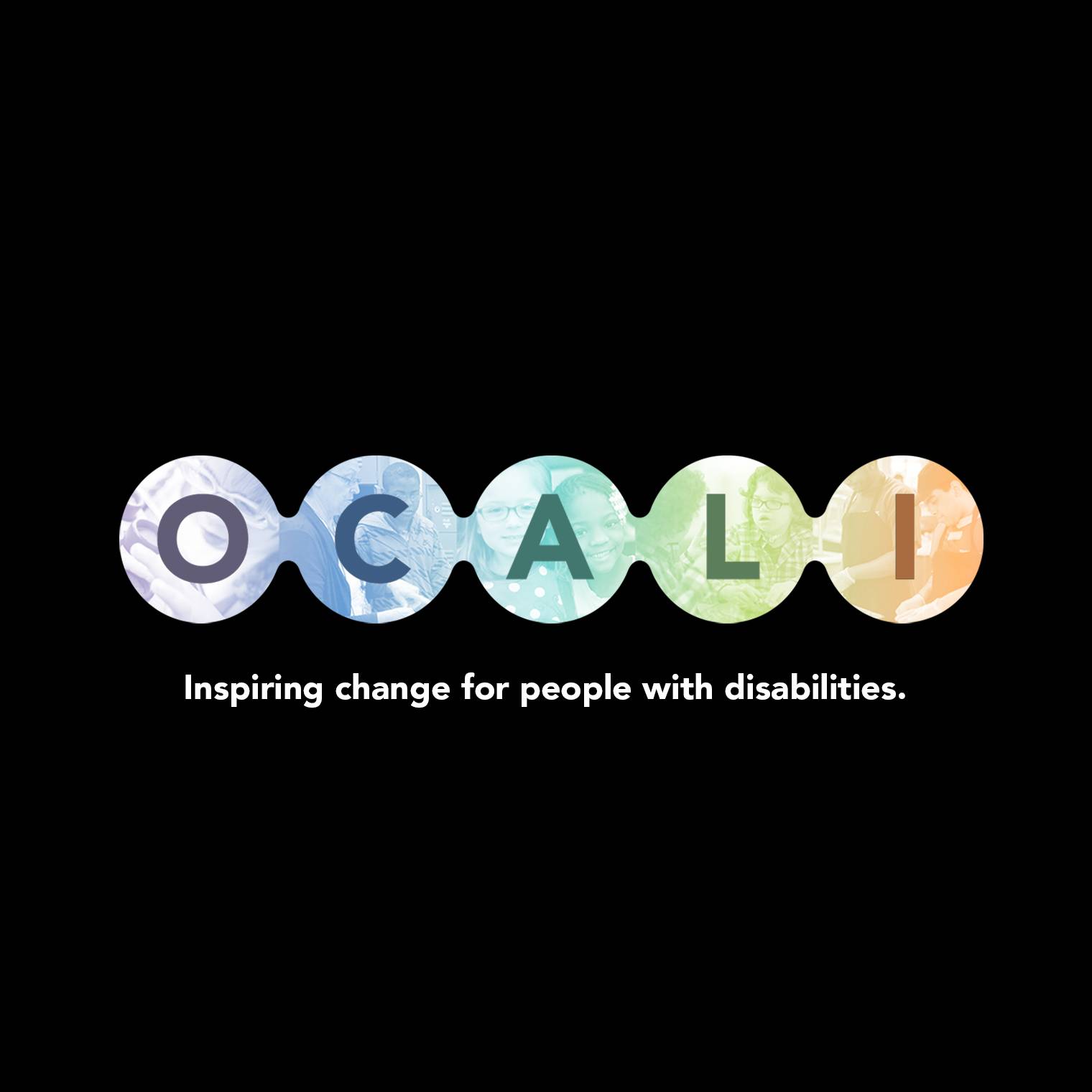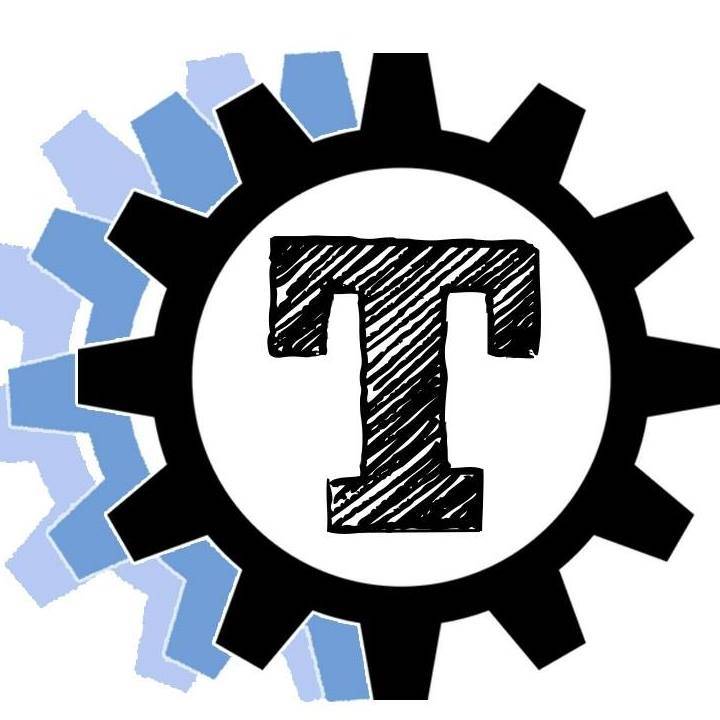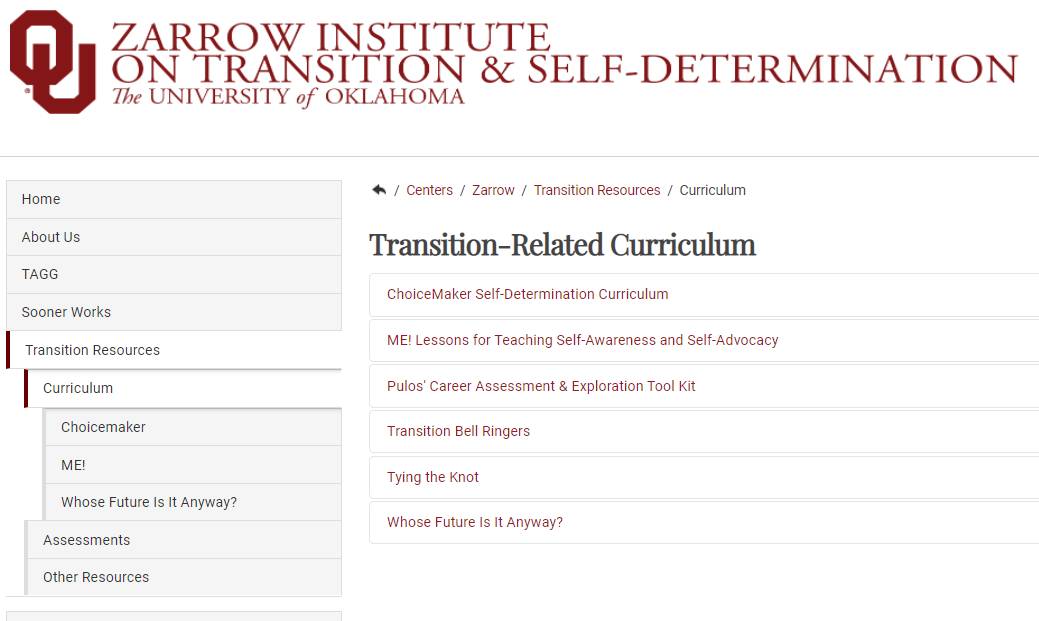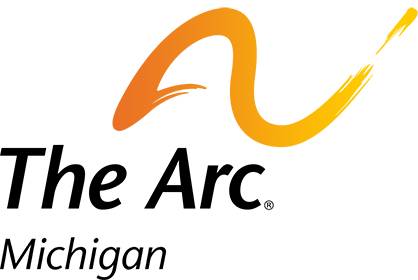Navigation
Empowering Students Introduction
Key Elements
- ►Supported Decision Making
- Maintaining High Expectations
- Making Informed Choices
- Person-Centered Planning
- Social Emotional Learning
Resources: Empowering Students
Supported Decision Making involves self-determination and self-advocacy, which are important skills to develop in high school and for post-high school success. These are primary elements of supported decision-making. Being self-determined involves setting goals, solving problems, being self-aware, making decisions, and exhibiting independence. An important component of self-determination is self-advocacy, where students learn to speak up for themselves, understand their disability, supports they do and do not need, and know how to ask for support. Having strong self-determination skills can enhance other areas of student empowerment including informed choice and taking a lead in their person-centered plan. Educators and families are an important part of promoting and teaching self-determination skills. There are curriculums and resources for educators, families, and the individual to acquire or strengthen self-determination skills.
Participants are encouraged to complete the START iQuest option, with the remaining activities also intended to increase understanding of supported decision-making.
START iQuest
START iQuest: the iQuest is an online tool designed to engage students in taking part in setting home and school goals and communicate with their education team and families about these goals. The iQuest is created in Google Slides and allows users to document information about themselves; add personal interests through pictures and graphics; share and print the information; and use the tool throughout their time in school. The iQuest can be used by elementary, middle, or high school students. It provides an opportunity for transition-aged students to grow in self-advocacy and add home and school goals to increase their independence and readiness for life after high school. Sample home and school goals are linked below. The iQuest is not formally part of the IEP, but goals in the iQuest can be discussed as goals in the IEP when appropriate. Examples would be goals related to future education, employment, and independent living.
There are iQuest printing options available including printing the iQuest in color, printing it in a low-ink option, or printing a 2-page summary template for manually adding information. Once goals are met, users can choose to complete a certificate before setting a new goal.
Related Learning Activities:
- Review the START iQuest webpage.
- Review the Implementing the iQuest Guide for easy-to-follow instructions on using the iQuest.
- Review the iQuest Slides.
- Review School Independence Goal Ideas and Home Independence Goal Ideas for using on the iQuest.
- Review the 10th grade example of an iQuest.
- Review the iQuest FAQs if you have questions.
- Think about how you can use the online iQuest with 1-5 students while working with the students and their families in defining meaningful independence goals for both home and school to advance their self-advocacy skills.
OCALI
OCALI: Self-Advocacy and Self-Determination Training - Evidence-Based Practices: OCALI’s What Works for Work series (session 10) provides a training opportunity where participants learn the differences between self-advocacy and self-determination, and how self-advocacy is a part of self-determination. Research supporting these practices will be covered in addition to how they impact outcomes for students and adults. Resources will also be provided and discussion as to how these skills can be incorporated into the classroom instruction.
- Includes a PowerPoint, alternative text and outline, introductory materials and activities, and EBP handout, development of self-determination skills handout, skill areas associated with self-determination, and resources related to self-determination.
Related Learning Activities:
- Watch the Self-Advocacy and Self-Determination-Evidence Based Practices video.
- Complete the 7 sections of the OCALI Self-Advocacy and Self-Determination-Evidence Based Practices, Session 10 training including downloading the PowerPoint, handouts, and other resources provided.
- Complete the Post-Session Survey when completed.
Transition TN - Pathways to Self-Determination: Video for Educators by Erik Carter, Vanderbilt University
Transition TN - Pathways to Self-Determination: Video for Educators by Erik Carter, Vanderbilt University: Transition TN’s course provides guidance as students move through adolescence and into adulthood. Students are expected to take on greater responsibility in their own learning, relationships, and behavior. Students are expected to take a larger role in managing their own lives, and plan their own future. Schools, families, and communities play an important role in helping students develop the skills, knowledge, and understanding they need to be successful. The course includes modules on elements of self-determination including: self-advocacy, problem solving, self-management, supported decision making, choice making, and more.
- 6 lessons in the course
- Includes online manual, frequently asked questions, reading materials, videos, and supplemental material
- Requires creation of free online account
Related Learning Activities:
- Create a free online account.
- Review the course objectives.
- Review the guiding questions prior to completing the video lessons.
- Watch overview and each lesson (approximately 13-21 minutes each).
- Download Supplemental Materials at the bottom of the screen, related to each topic: self-advocacy, self-management, choice and decision making, problem solving, and supported decision making.
- Think about each of the Guiding Questions when all six lessons are completed. Review content as needed for gaps in understanding.
Zarrow Center for Learning Enrichment - The University of Oklahoma
Zarrow Center for Learning Enrichment - The University of Oklahoma: Facilitates supported decision-making and successful secondary and postsecondary educational, vocational, and personal outcomes for students and adults with disabilities. The Zarrow Center (ZC) faculty, staff, and students do this through self-determination-oriented evaluation, research, development, transition education instruction, and dissemination of best educational and support practices.
Related Learning Activities:
Use the Casey Life Skills (updated and available online and interactive print options): Casey Life Skills Assessment Information (practitioners guide, resources to inspire guide, license agreement, supplemental information, various language available) and Casey Life Skills Assessment Forms (standard assessment, short assessment, parenting infants assessment, LGBTQ+ assessment, youth level 1 and 2 assessments, various languages, and more)
Using one of the tools or curriculums above, plan to implement with at least one student, a group of students, or a class of students. Consider how to involve the student(s) and families in this process.
ARC Michigan - Rethinking Guardianship/Supported Decision-Making
ARC Michigan - Rethinking Guardianship/Supported Decision-Making
Related Learning Activities: The webpage provides a video on what supported decision-making means and alternatives and considerations for families and individuals related to guardianship.
- Watch Rethinking Guardianship/Support Decision-Making video (18:12).
- Review the Rethinking Guardianship PowerPoint.
- Review the Supported Decision-Making Brochure.
- Review the Michigan Developmental Disabilities Council-Supported Decision-Making Resources and Tools.
The Organization for Autism Research (OAR): Sex Ed for Self Advocates
OAR Sex Ed for Advocates: An important part of informed decision-making relates to sexual health. Having the knowledge to make choices about relationships, social interactions, intimacy, and safety depends on having adequate education in these areas. Education related to these topics can start early with how and what we communicate, setting expectations, and intentionally teaching in these areas. For example, teaching about public versus private can begin with a child before kindergarten. OAR offers self-paced modules for self-advocates, designed for 15 years and older. The modules include reading, watching videos, and doing pre and post-testing in each of the content areas. Modules can be completed by the individual, or they can be completed with the support of a peer mentor or parent if that is appropriate. This resource is also an excellent tool for guiding professionals on content to teach or consider.
Related Learning Activities:
- Watch the introduction video with Peter Gerhardt and Amy Gravino.
- Review at least 3 of the 9 content areas including taking the pre and post-tests for the module.
- Public vs. Private
- Puberty
- Healthy Relationships
- Consent
- Dating 101
- Sexual Orientation and Gender Identity
- Am I Ready?
- Sexual Activity
- Online Relationships and Safety
- Decide on 2-3 components, ideas, or concepts you could now implement with your transition-age students. If needed, narrow it down to 1-2 students.
- Review the Additional Resources for additional information.
- Share the resource with parents of autistic students (or students with other disabilities who may benefit).
Family Engagement
Encouraging young adults to analyze choices, problem-solve, and make their own decisions is important for student empowerment. This is typically done with the support of families. Using supported decision-making for significant life events, such as reaching the age of majority and evaluating guardianship and alternatives to guardianship. Educators can help promote supported decisions by teaching about self-advocacy and self-determination while ensuring families understand the importance of these concepts and how they can be implemented at home and in the community. Educators can encourage young adults to take a lead role in their IEPs including assessing their strengths, areas of growth, and goals. It may be necessary to explain why this is important to families. Ask young adults and their families what strategies have worked for them in the past to problem solve or handle conflict including weighing the pros and cons of possible decisions, where the young adult makes the final decision.
- Center for Parent Information and Resources: Best Practices in Self-Advocacy Skill Building
- Michigan Alliance for Families: Self-Advocacy
- Organization for Autism Research (OAR): Sex Ed for Self-Advocates-Parent Letter
- Pacer Center Video-Family Empowerment
- Pacer Center-Self Determination
- Pacer Center/Think College-Consider the Alternatives: Decision-Making Options for Young Adults with Intellectual Disabilities
- START Self-Advocacy
Navigation
Empowering Students Introduction
Key Elements
- ►Supported Decision Making
- Maintaining High Expectations
- Making Informed Choices
- Person-Centered Planning
- Social Emotional Learning
Resources: Empowering Students

